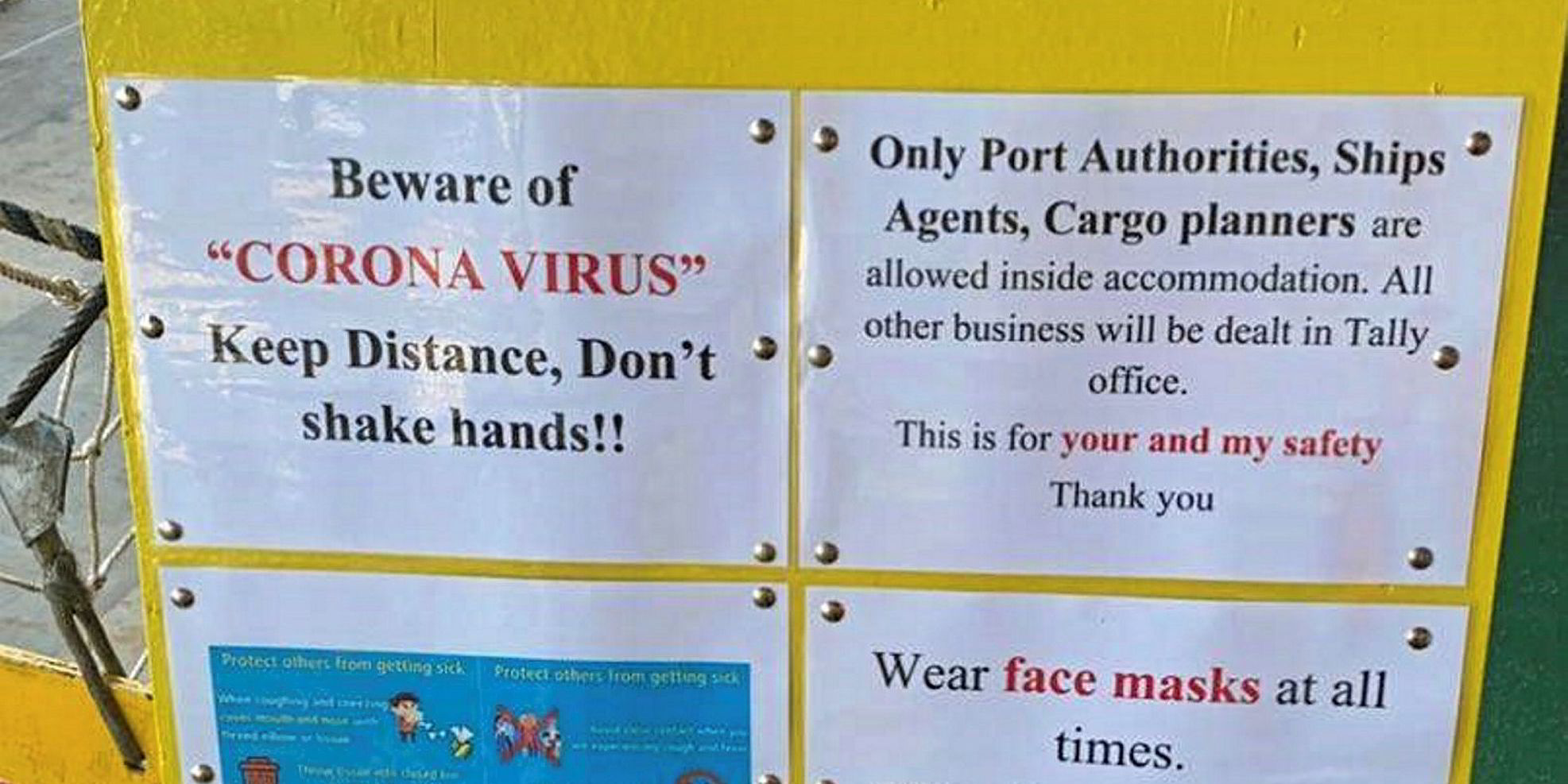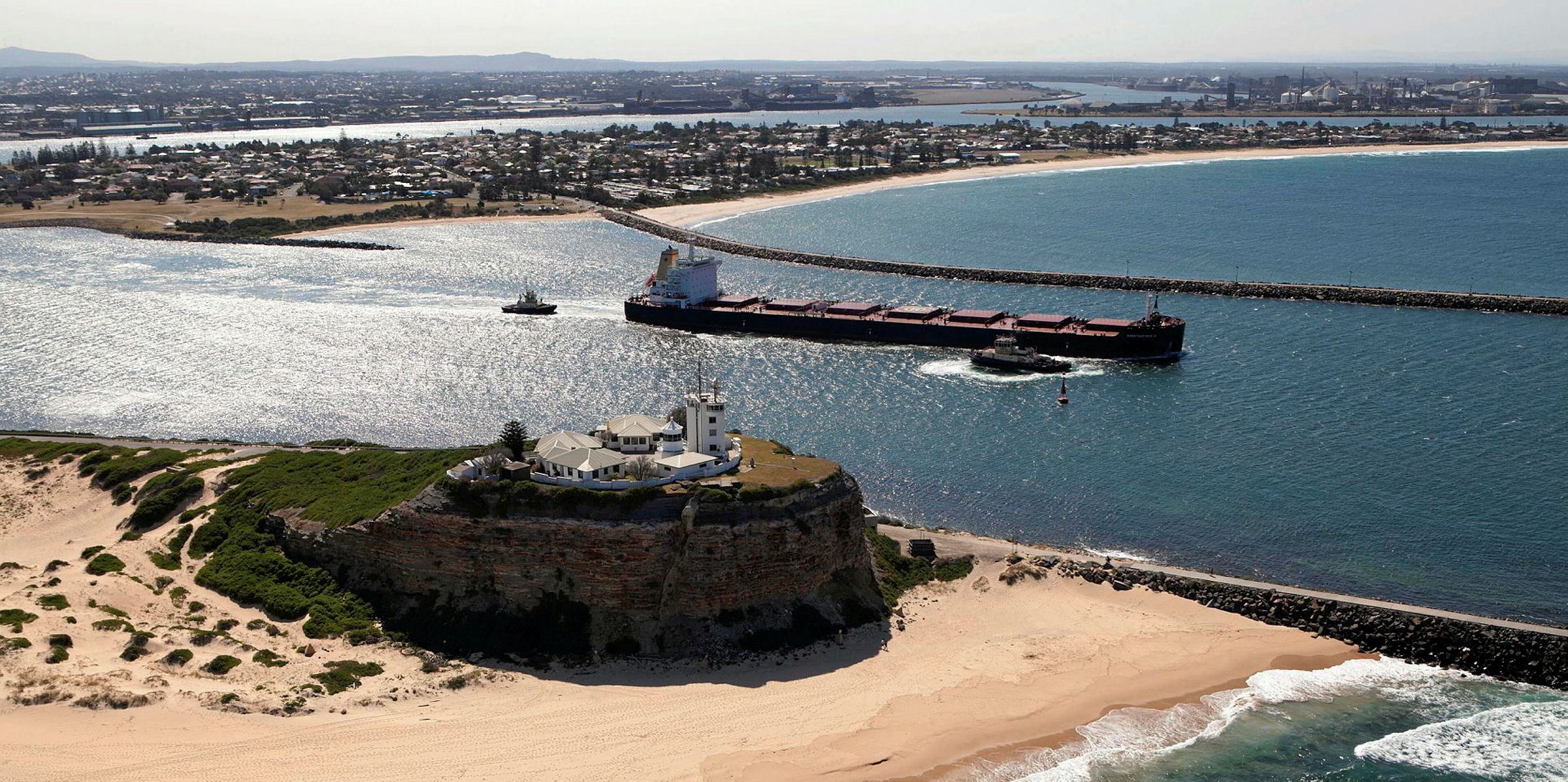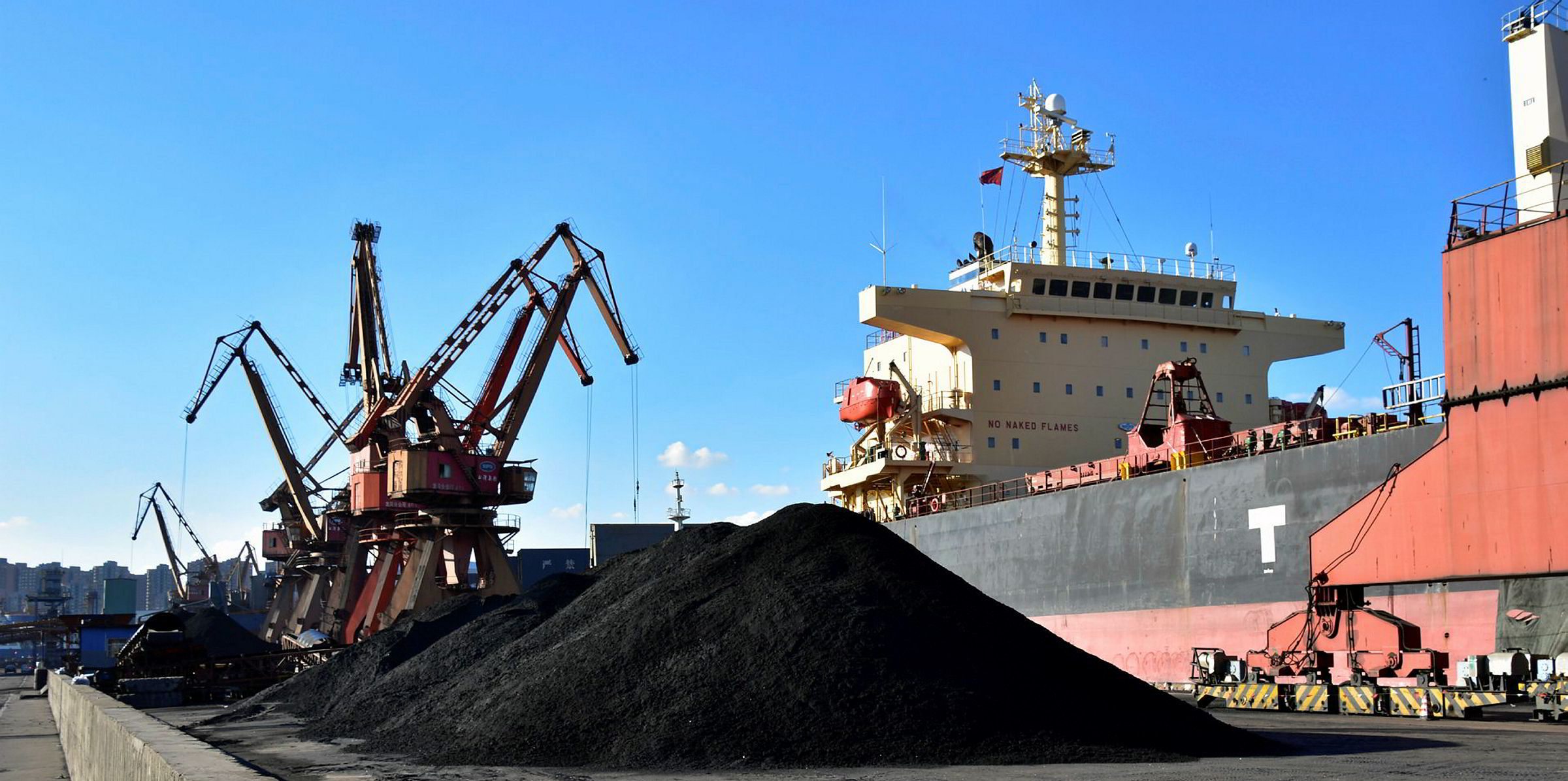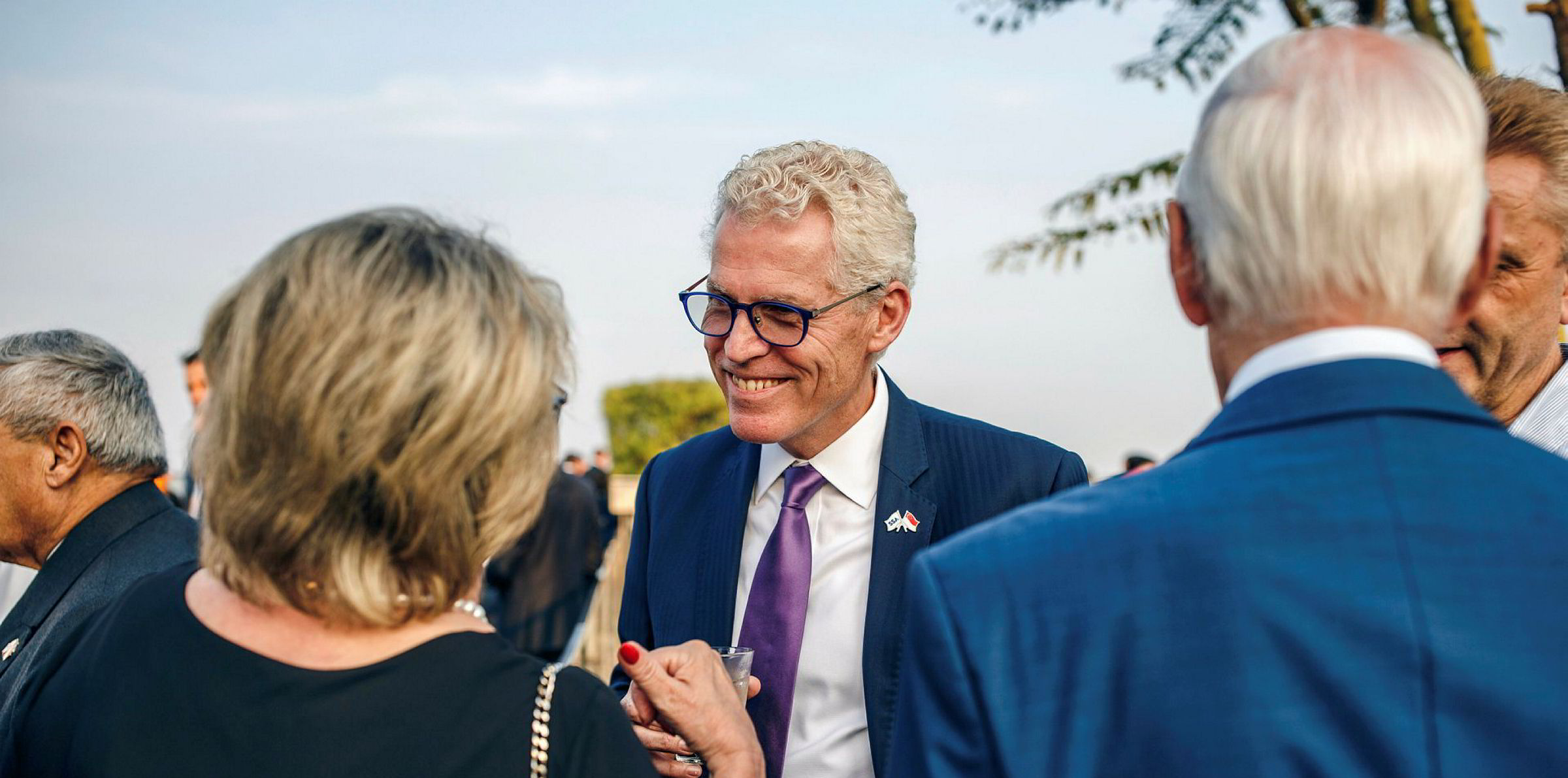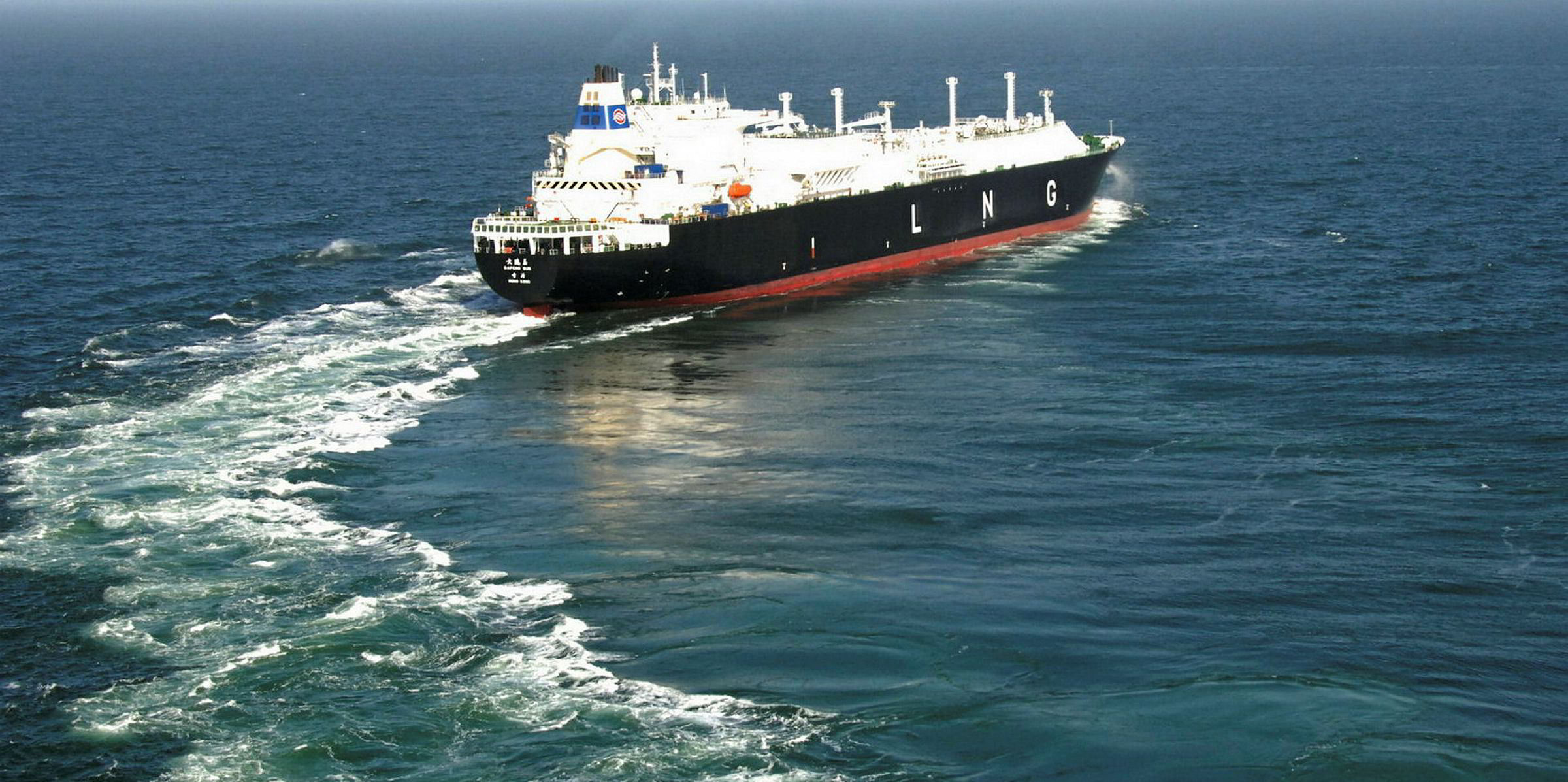Port workers in Australia are being put at risk because merchant vessels are permitted to self-declare biosecurity threats and suspected cases of the Covid-19 coronavirus, according to the Maritime Union of Australia (MUA).
In Darwin, port workers demanded a delay to the planned docking of the 1,810-teu boxship Kota Nebula (built 2010) on Friday, the MUA said.
The trade union claims the vessel has been allowed to flout the 14-day ban on vessels entering Australian ports after calling in China.
The Singapore-flagged vessel, which is owned by Sugahara Kisen of Japan, departed the port of Hong Kong on 3 February, but was granted permission to dock in Darwin 11 days later.
AIS data shows the vessel partially unloaded at the port in northern Australia and called at Port Moresby in Papua New Guinea the next day.
Mistaken claim
The MUA, however, has been forced to update its original press release from Saturday, after its claims about a Cosco-operated vessel turned out to have been misrepresented.
The union originally claimed that the 8,500-dwt Cosco Thailand (built 2010) had informed a MUA inspector that it had sailed from another Australian port before calling at Melbourne on 11 February, when its last port was actually Ningbo in mainland China.
"In fact, Cosco Thailand left Ningbo on 28 January and arrived in Melbourne on 12 February, meeting the requirements of the 14-day travel ban," a spokesman for Cosco Shipping Holdings told TradeWinds.
"In addition, the crew members currently on board are in good health and there are no cases of epidemics."
The Hong Kong-flagged Cosco Thailand is owned by Seaspan of Canada but is on long-term timecharter to Cosco.
Cosco response
Cosco told TradeWinds it has been working hard to ensure its crews and workers ashore are not at risk from exposure to the coronavirus.
"Our crew members’ rotations are suspended, and they shall not land on all coasts of China during the boarding period, so as to protect their health as well as eliminate the risk of virus spreading from lands," the spokesman said.
"During the operation of vessels, we keep monitoring of crew members such as measuring their body temperature and vessel disinfection."
The spokesman added that the company abides by the quarantine policies of ports in various countries and has adopted "active and effective" preventive and control measures to maintain the health and safety on its ships.
Government failings
Paddy Crumlin, MUA's national secretary, said authorities' failure to properly implement the 14-day exclusion for people departing mainland China is putting the local workforce and general public at risk.
“The reason for the 14-day travel ban is that the incubation period for the coronavirus is two weeks, so it is completely possible that crew members from these vessels may be infected but not yet show symptoms," he said in the MUA statement.
“Local maritime workers, including those who board the vessel to pilot them into port and those working to unload them, are all being put at unacceptable risk of exposure through the decisions to allow these vessels to dock in breach of the travel ban."
“Despite the Health Department finally putting out guidance, including additional measures for vessels that departed mainland China from 1 February, these rules are not being enforced,” he said.
“What measures are occurring appear to be driven by individual port management, rather than a coordinated national biosecurity response.
“Merchant vessels don’t have doctors on board, and we are not seeing health checks being undertaken by Australian authorities before they dock, meaning the identification of this major health threat is being left to untrained seafarers," he said.
